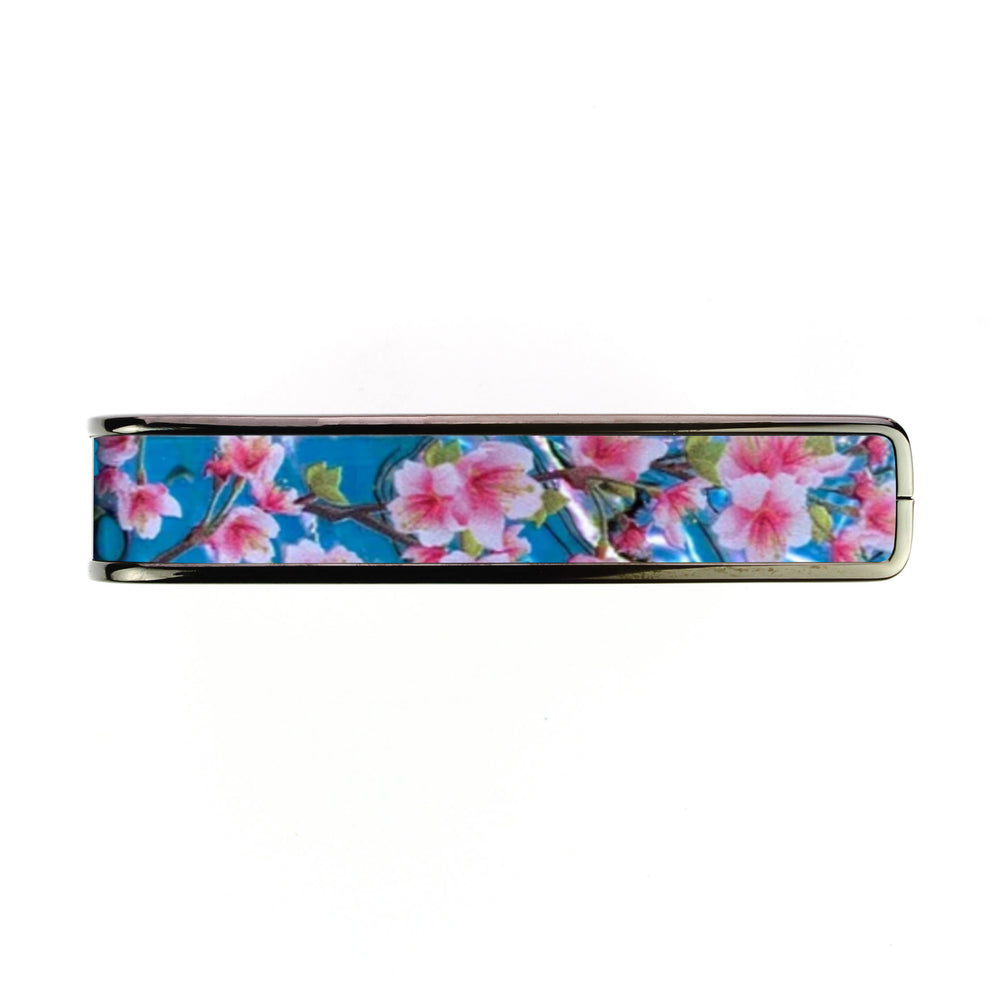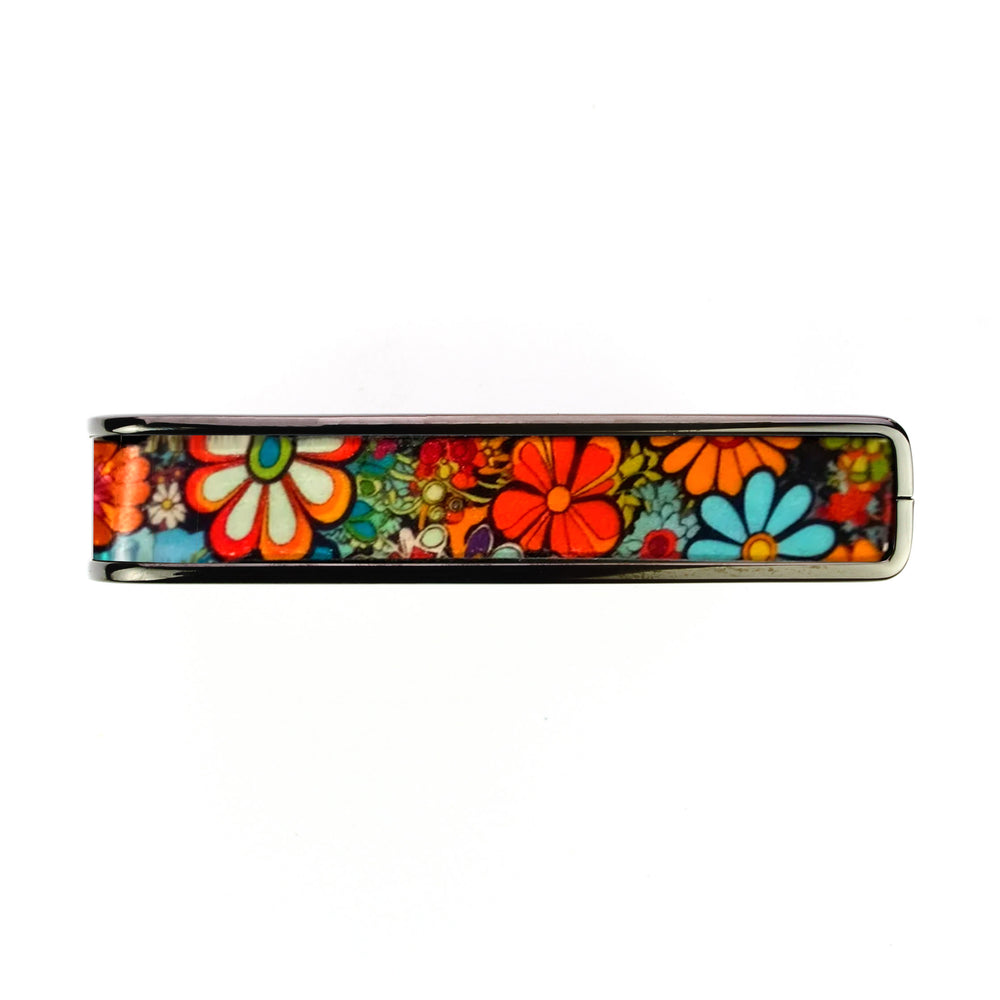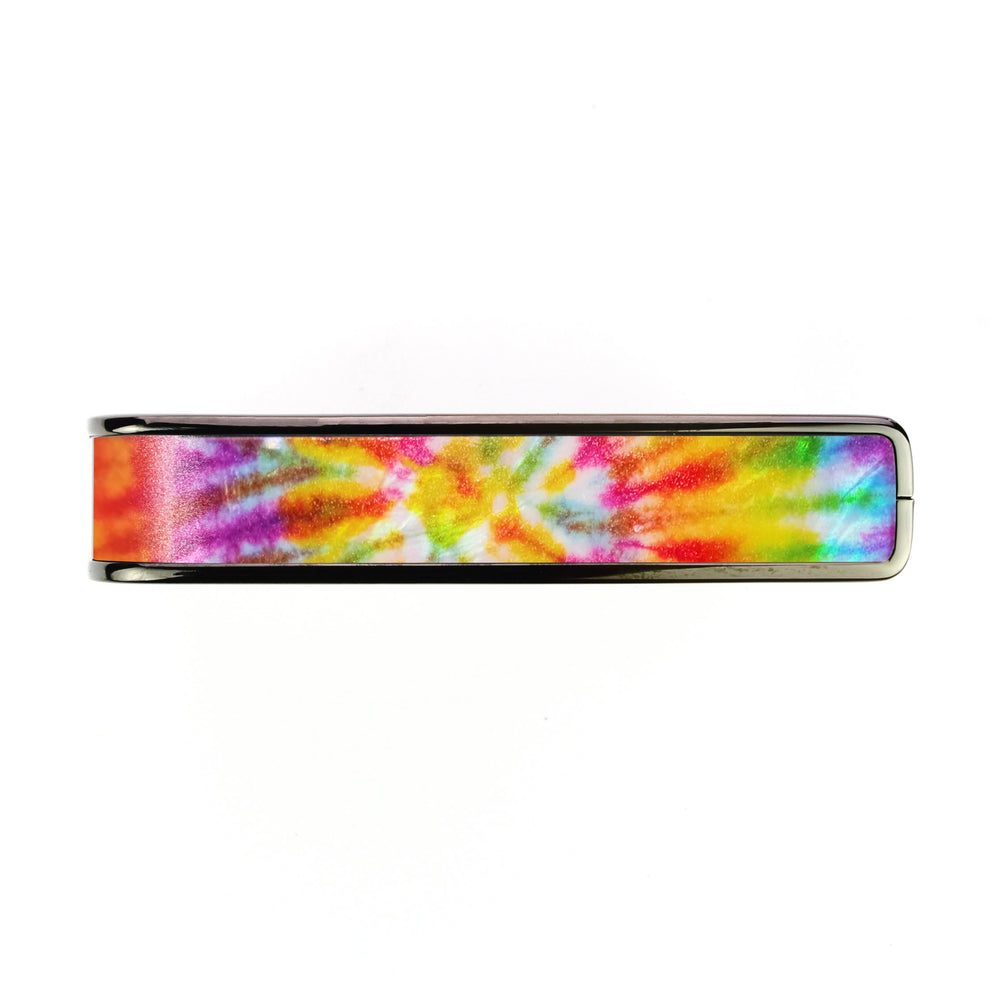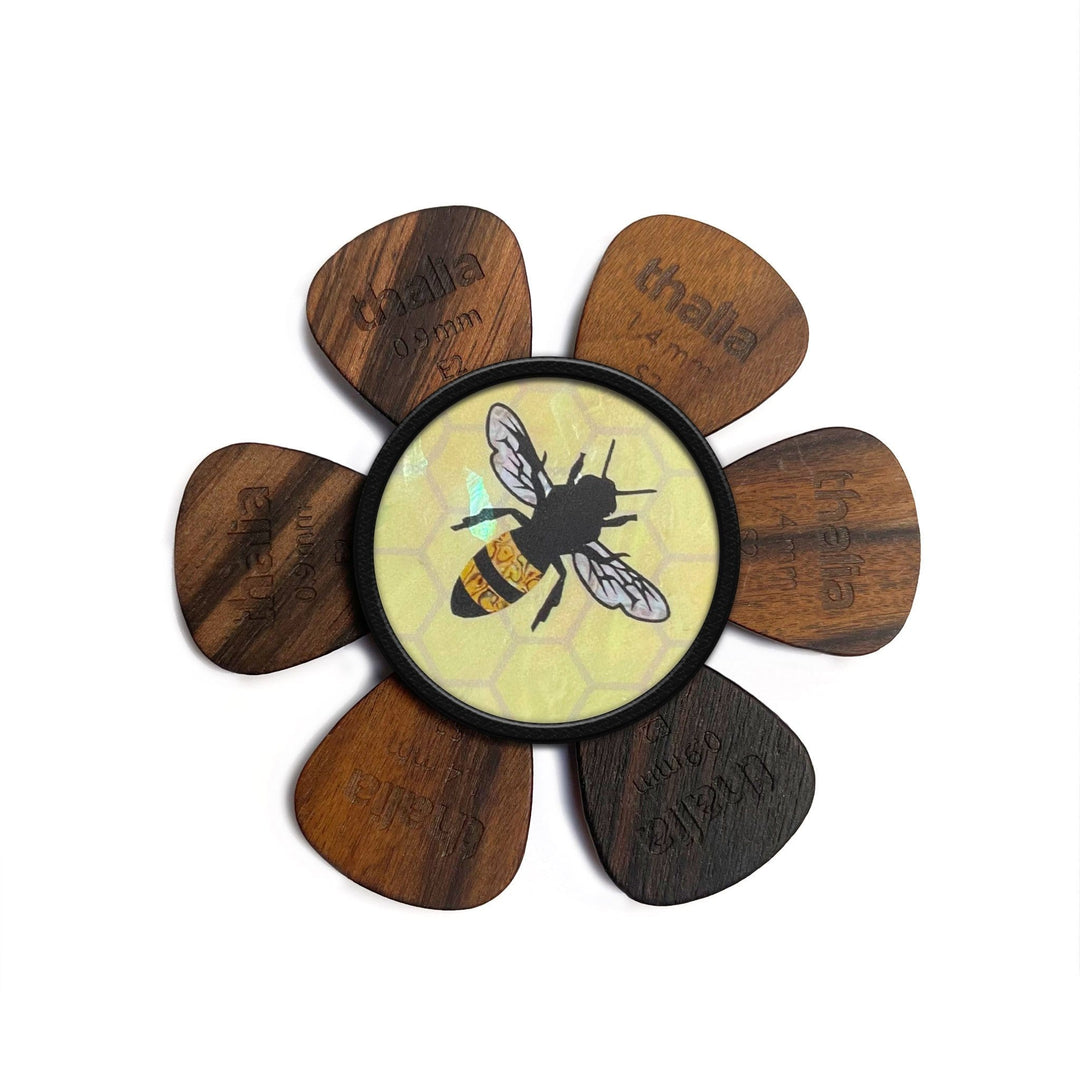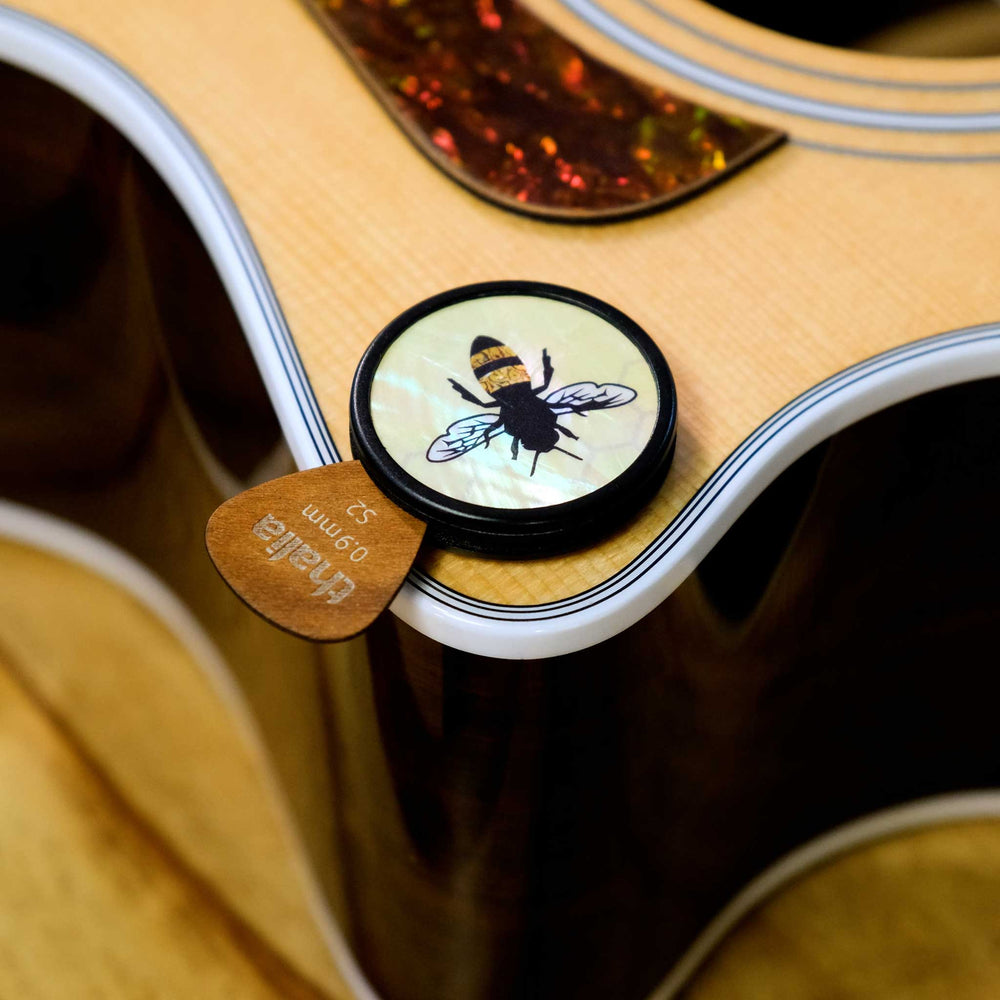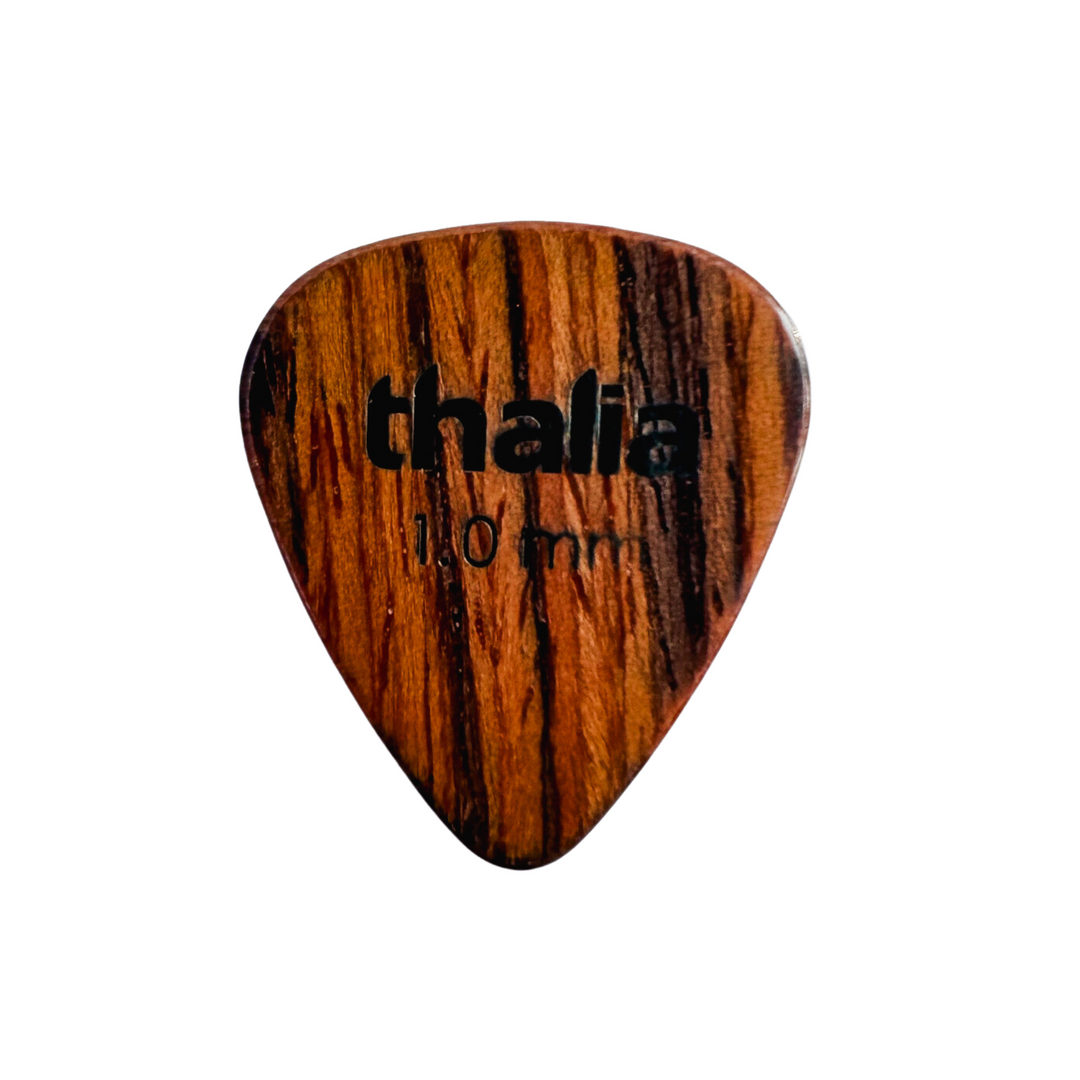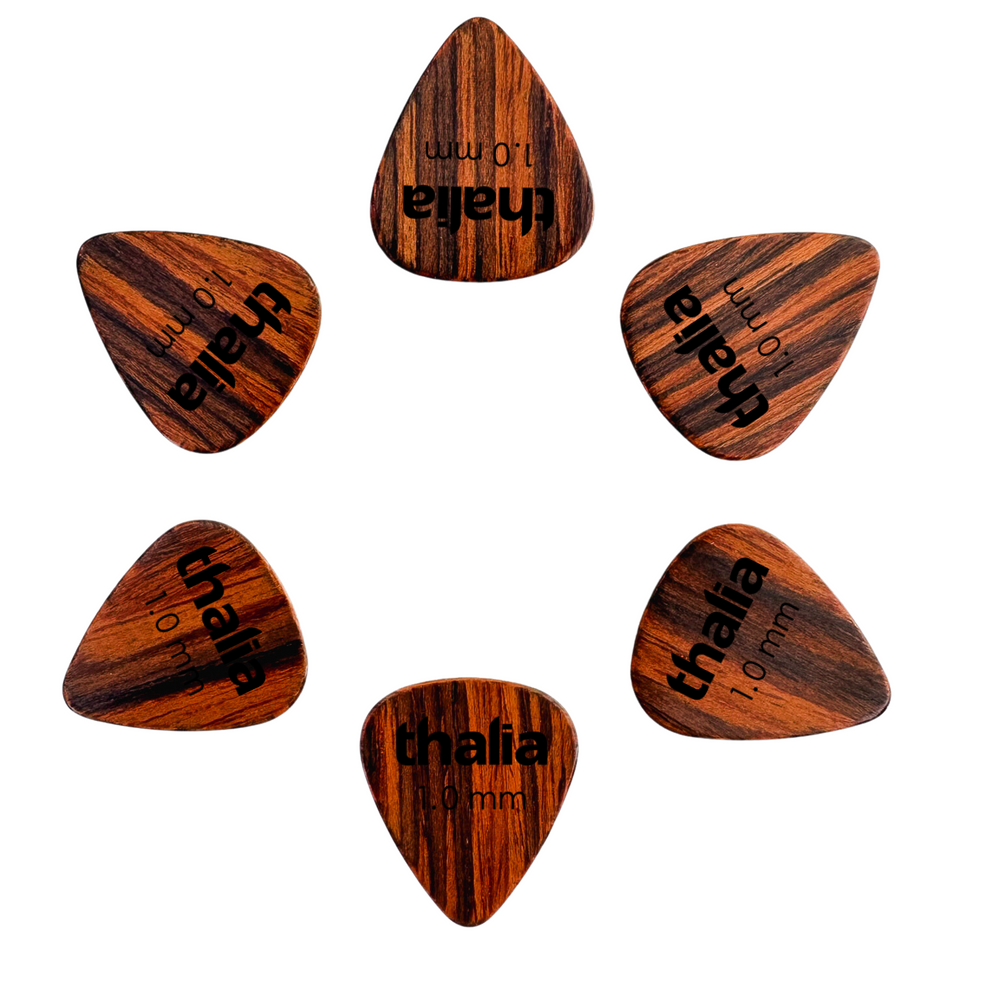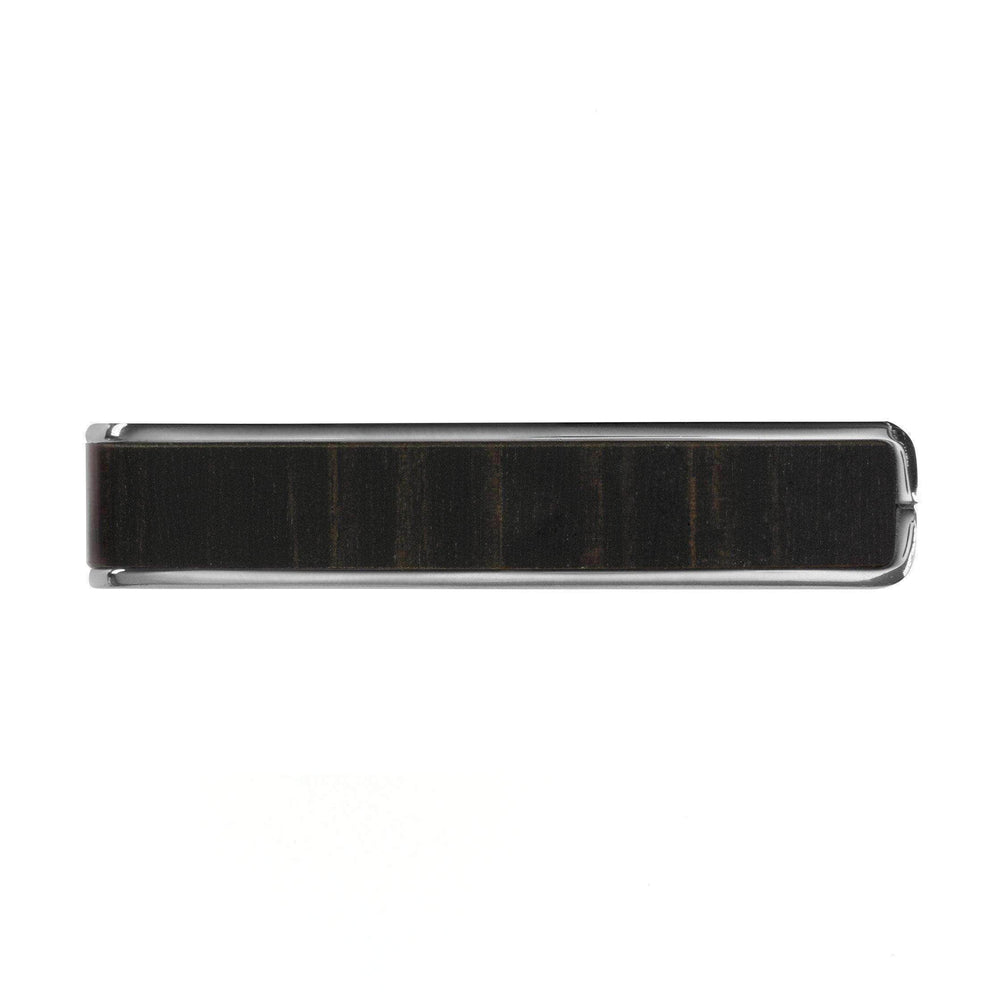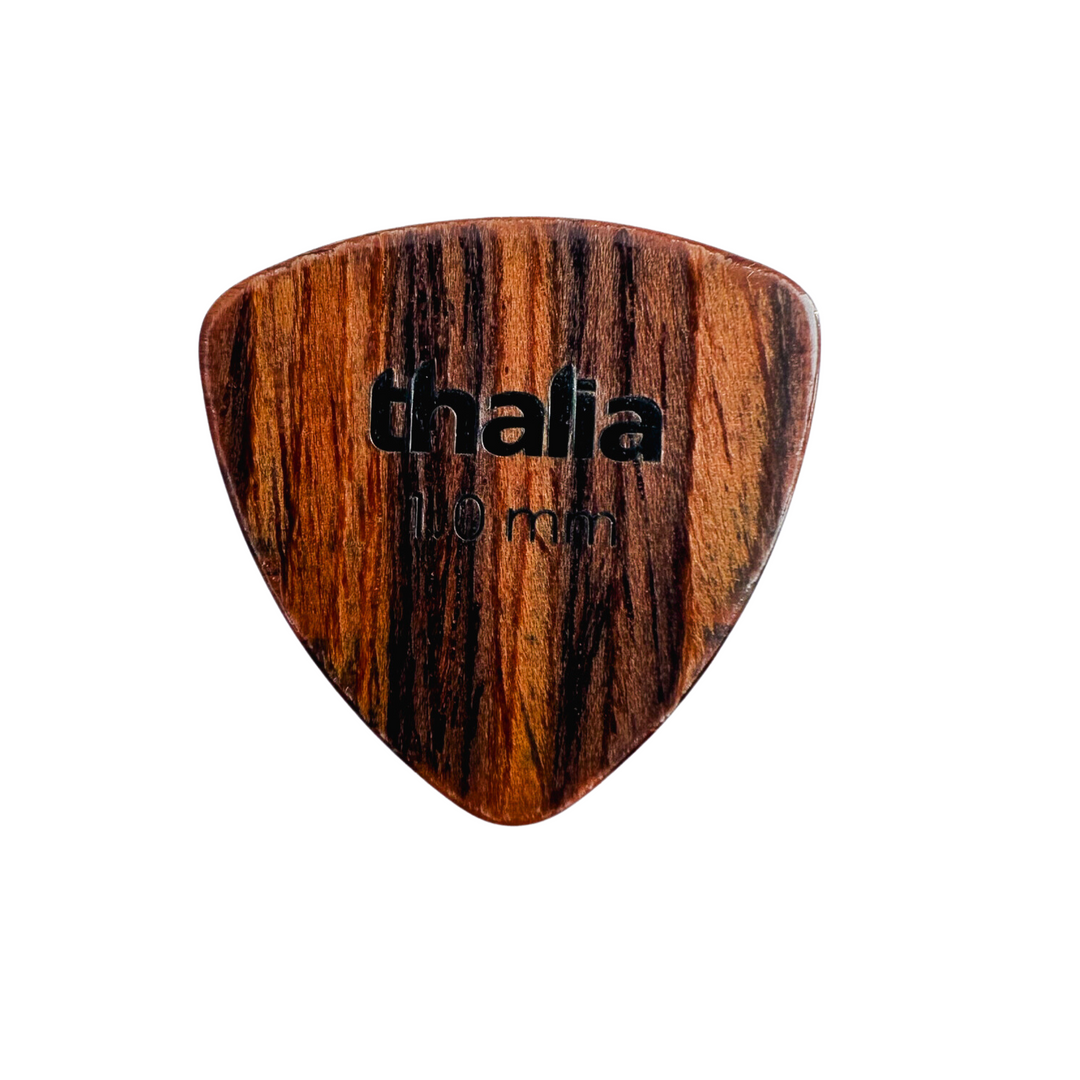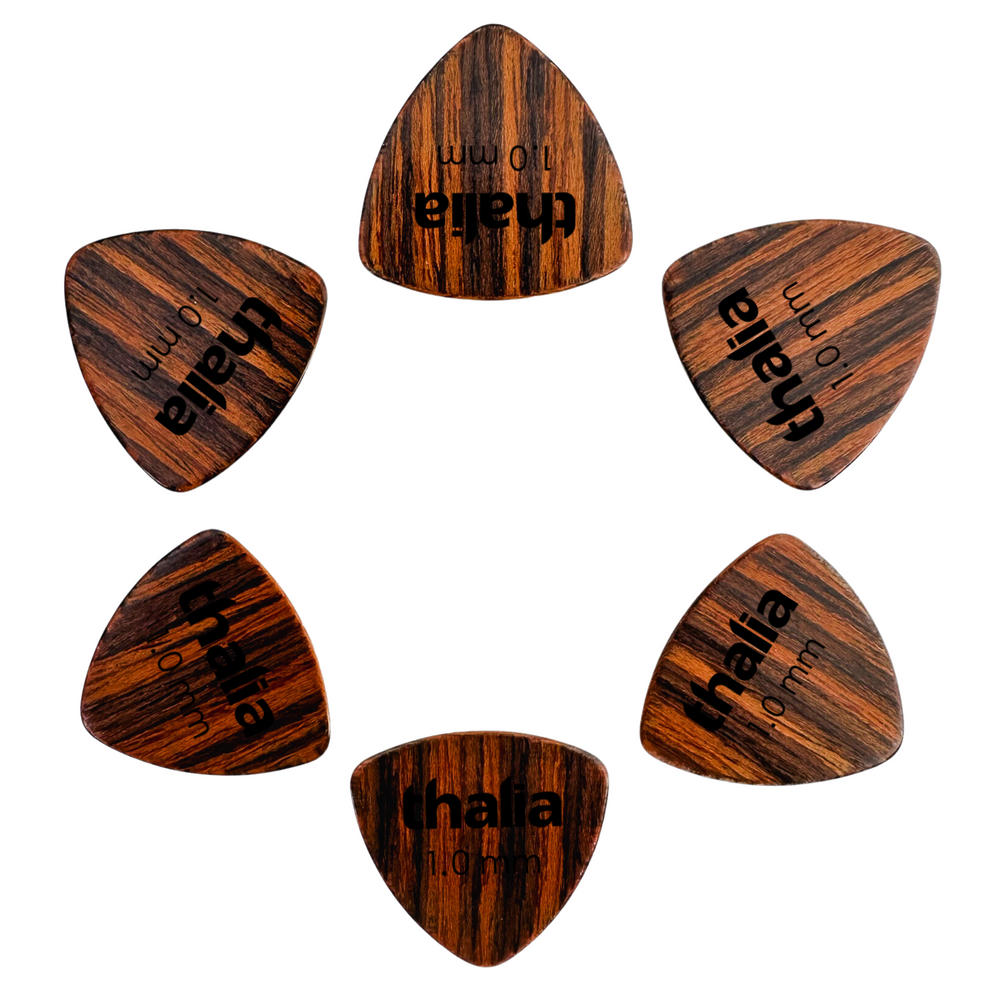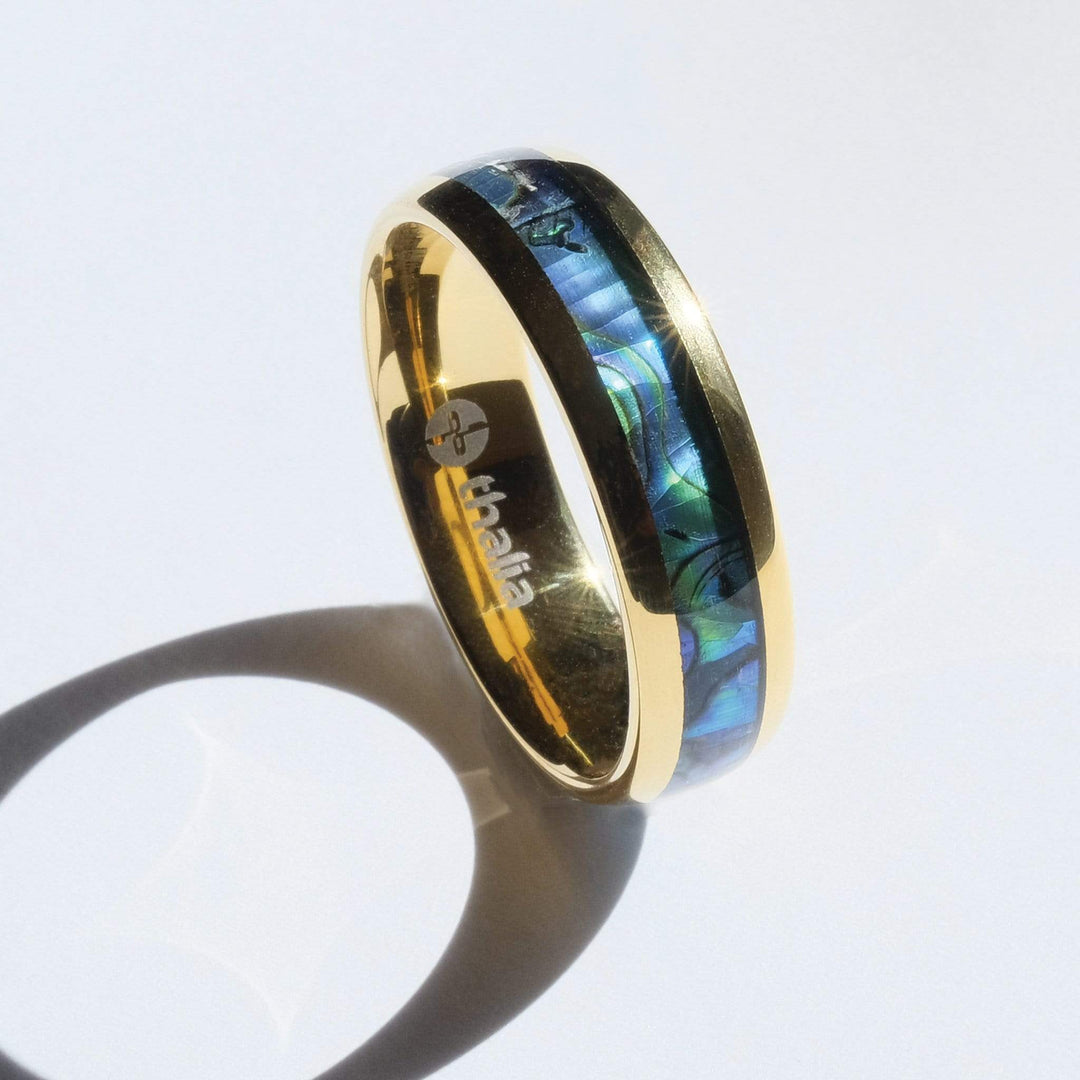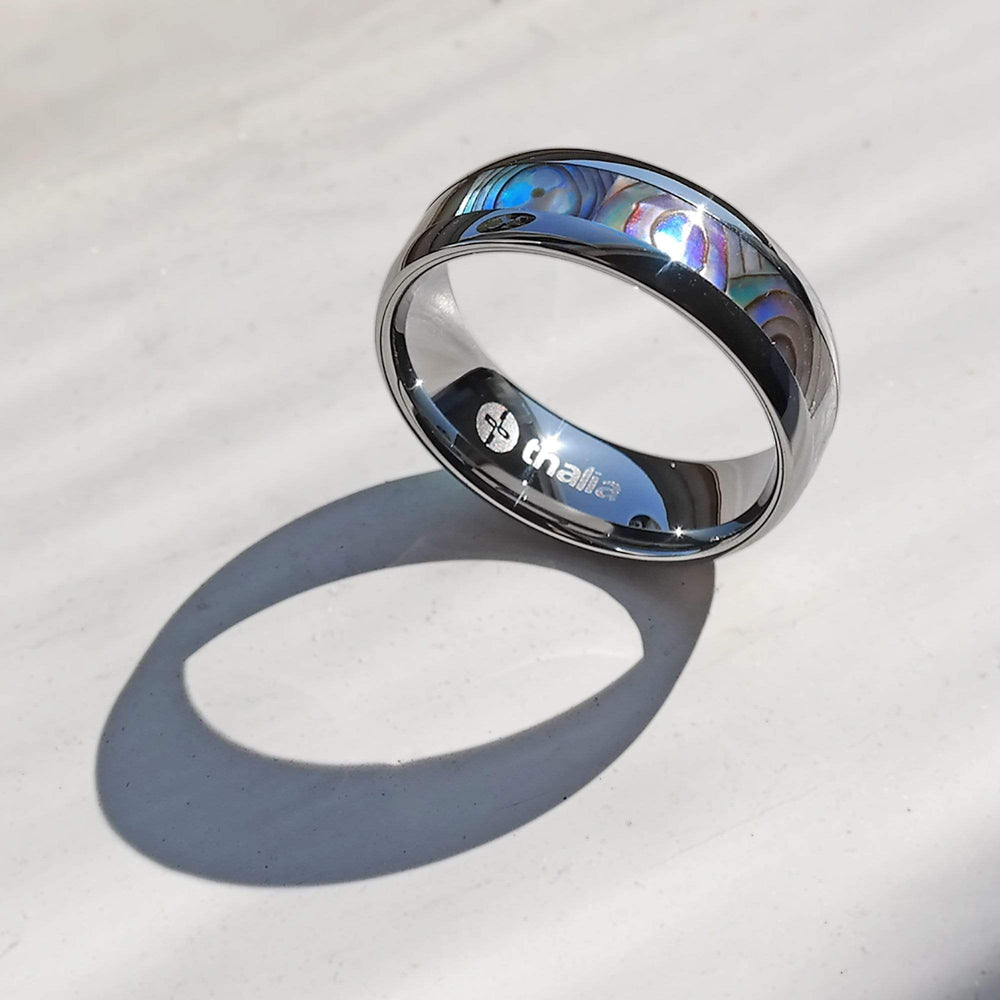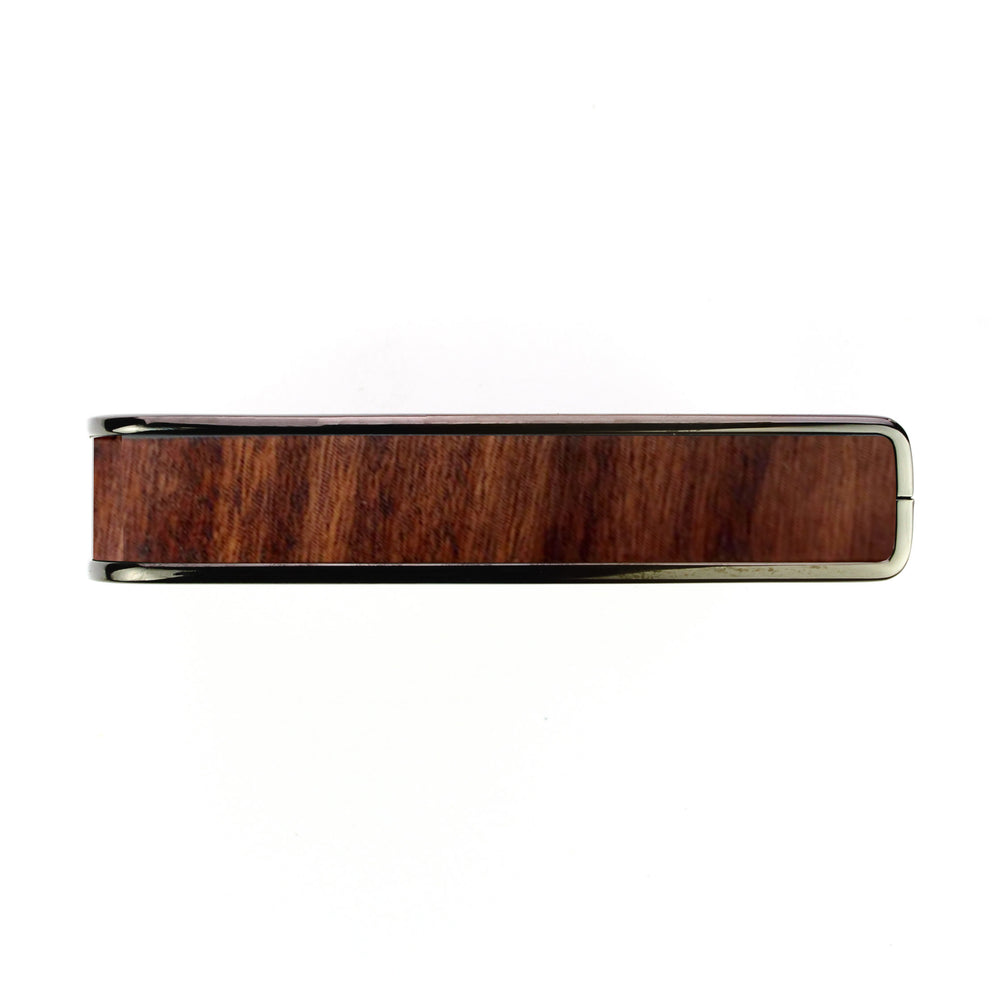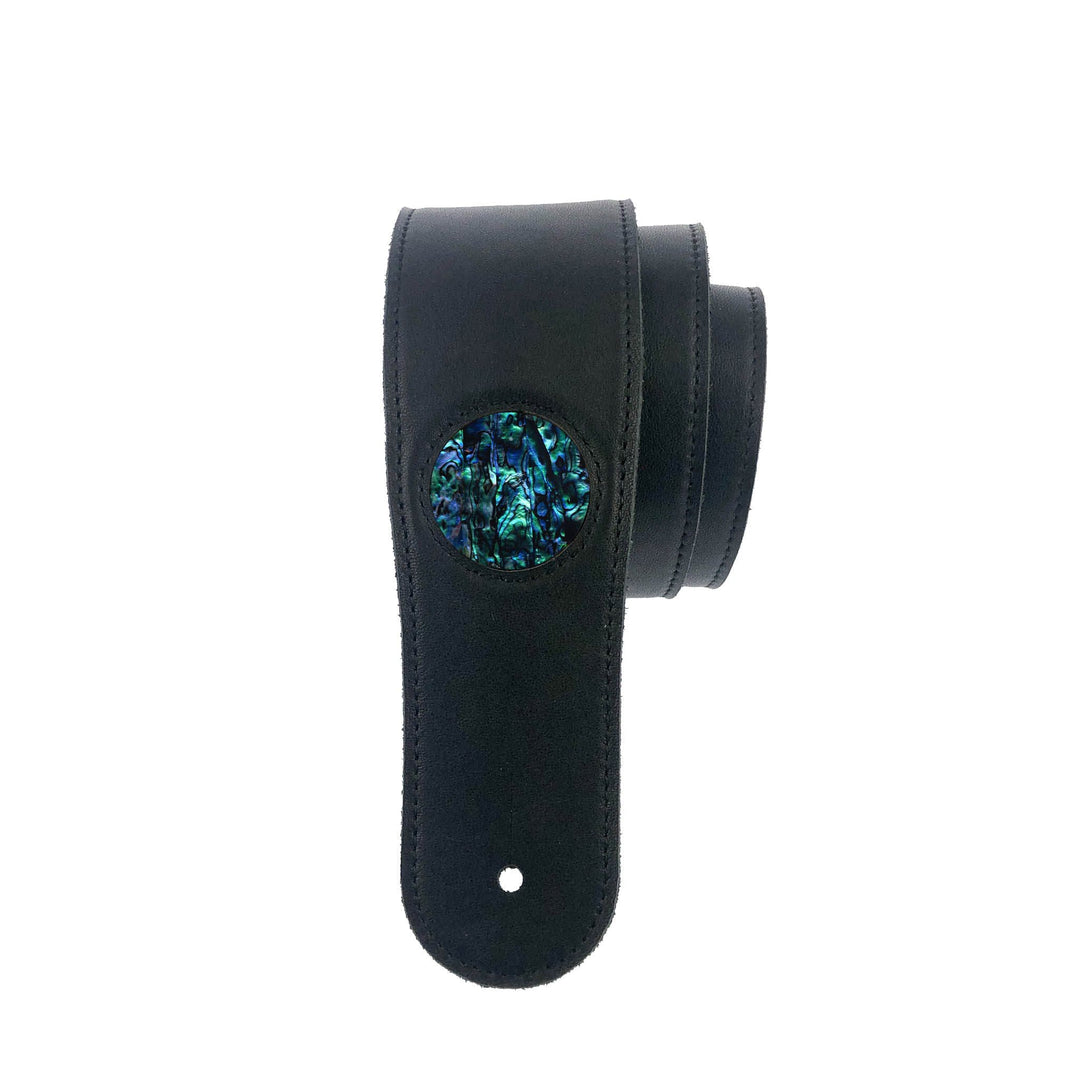Jeff Beck’s Truth: An Unsung Rock Classic

“I knew Jeff Beck’s Truth album inside out” – Tom Scholtz, Boston
When I chat with friends about all-time great hard rock albums, I’m always surprised by how few of them bring up Jeff Beck’s “Truth.” Beck’s 1968 solo debut is a seminal album in the development of blues-based hard rock, laying down a template that bands like Led Zeppelin would push into the stratosphere in the following years.
The calibre of its players alone should clue the uninitiated in on its pedigree. Aside from Beck, you’ve got a young Rod Stewart on vocals, future Stone Ronnie Wood on bass and session legend Micky Waller on drums. There’s also guest appearances from the likes of Nicky Hopkins, Led Zep’s John Paul Jones and Keith Moon (credited as “You Know Who” for contractual reasons), an uncredited cameo from Jimmy Page, and noted producer Mickie Most behind the desk.
The album really is the sum of its parts. Not only does it exhibit a new breed of barnstorming hard rock, it’s a fantastically varied and eclectic album that manages to feel completely coherent in spite of its myriad twists. As Classic Rock noted when they included it in their list of Greatest British Blues Rock albums,
“it smashes genre conventions at every turn.”
“Willie Dixon’s You Shook Me and I Ain’t Superstitious are masterfully reinvented, even Broadway hit Ol’ Man River and the Henry VIII-authored Greensleeves are dragged into Beck’s musical vision.”
Upon its release, “Truth” got raves from the critics. Reviewing the album in Rolling Stone’s September 1968 issue, Al Kropper said that it held the same classic status as the legendary “John Mayall & the Bluesbreakers with Eric Clapton” from 1966.
“This album is a classic, much the way the Clapton-Mayall album is. TRUTH is probably the current equivalent of that album.”
So why don’t we talk about “Truth” more today? Most likely because of what it came after it. As I’ve already noted, Led Zeppelin took the blues-based hard rock template laid down on Beck’s record and ran with it. When their first album landed in 1969 (along with its own rendition of “You Shook Me,” no less), it shifted the paradigm. Rightly so as well – the first Zeppelin LP is an absolute landmark. Unfortunately though, “Truth” was somewhat left in its dust.
But, perhaps the time is right for “Truth” to have its day in the sun amongst more than just the music afficionadoes. After all, as Bruce Eder of All Music notes:
“Truth was almost as groundbreaking and influential a record as the first Beatles, Rolling Stones, or Who albums. Its attributes weren't all new -- Cream and Jimi Hendrix had been moving in similar directions -- but the combination was: the wailing, heart-stoppingly dramatic vocalizing by Rod Stewart, the thunderous rhythm section of Ron Wood's bass and Mickey Waller's drums, and Beck's blistering lead guitar, which sounds like his amp is turned up to 13 and ready to short out.”
What are your memories of “Truth”? And what’s your favorite Jeff Beck album? Share your stories in the comments.



